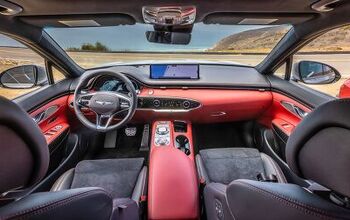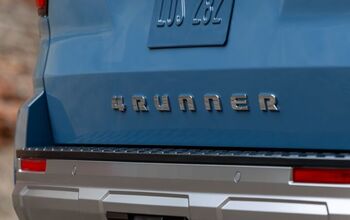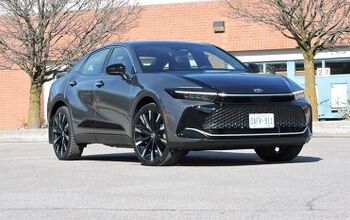VW Partners With Didi for Self Driving Taxi Service in China

Volkswagen and China’s largest ride-hailing service, Didi, are creating a joint venture to work toward the development and fleet management of its self-driving cars in China.
As part of the joint venture agreement, Volkswagen will manage Didi’s approximately 100,000 new vehicles, comprising of both Volkswagens and cars belonging to other automakers.
The German automaker will icontrol a 40-percent stake before increasing it to 50-percent for equal ownership. Both brands will also share electric and self-driving technology through shared-mobility services with the potential for new dedicated, “purpose-built” vehicles.
“The joint venture with Didi is not just about ride-hailing. We want to explore mobility projects as well as autonomous driving and robo-taxis,” said Weiming Soh, Volkswagen Group China board member, in a statement to the Wall Street Journal.
No word on any financial details related to the deal.
SEE ALSO: VW I.D. R is a Fully Electric Race Car With 680 HP
The new venture will also provide Volkswagen with customer data belonging to 3 million daily rides, which will, in part, be leveraged for its autonomous vehicle development.
Over the past two years, Volkswagen has been making inroads into the Chinese market. Last week, it announced $18 billion worth of investment in the region by 2022, contributing towards six EV plants, e-mobility, digitalization, and autonomous vehicles. These investments have included partnerships or acquisitions involving state-owned car-sharing service Shouqi, JAC Motors, and Mobvoi, an AI firm.
[Source: WSJ]
A version of this story originally appeared on Hybrid Cars.

Sam McEachern holds a diploma in journalism from St. Clair College in Windsor, Ontario, and has been covering the automotive industry for over 5 years. He conducts reviews and writes AutoGuide's news content. He's a die-hard motorsports fan with a passion for performance cars of all sorts.
More by Sam McEachern
































Comments
Join the conversation